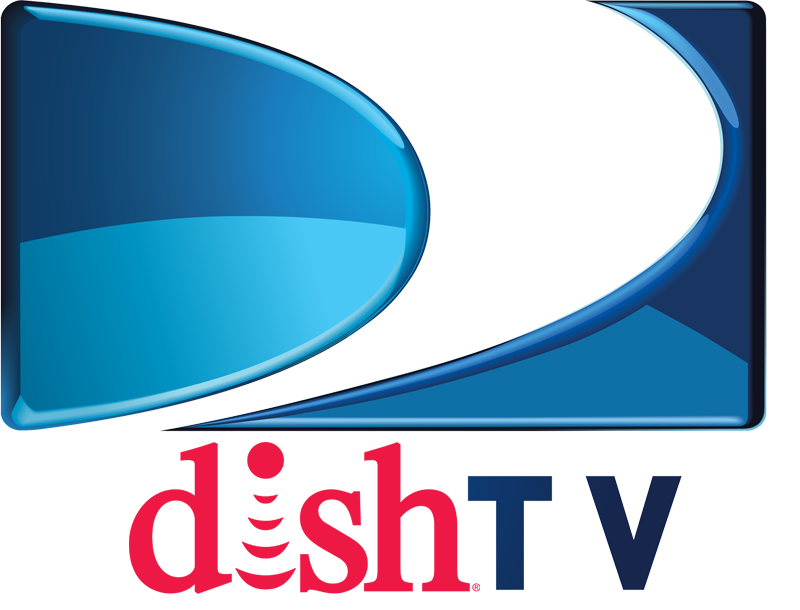Could A Merger Between DirecTV And Dish Be On The Horizon?
 Last month, in the wake of the news that Comcast would try to gobble up Time Warner Cable, billionaire Dish Network co-founder and Chairman Charlie Ergen asked a reasonable question: If the two biggest terrestrial cable companies could merge, why couldn’t the two largest satellite TV services? Now it looks like Ergen may once again be trying to make that marriage a reality.
Last month, in the wake of the news that Comcast would try to gobble up Time Warner Cable, billionaire Dish Network co-founder and Chairman Charlie Ergen asked a reasonable question: If the two biggest terrestrial cable companies could merge, why couldn’t the two largest satellite TV services? Now it looks like Ergen may once again be trying to make that marriage a reality.
Bloomberg News reports that Ergen has already personally reached out to DirecTV CEO Mike White (who is, sadly, not the Mike White who starred in Chuck & Buck) to discuss the possibility of combining their two companies.
Back in 2002, when Dish was still under the EchoStar umbrella, Ergen actually attempted to acquire DirecTV, but the deal fell apart when it became clear that regulators would not let it happen. According to Bloomberg, that is still the major concern of White, who seems to think that the FCC and Justice Dept. would have hard time signing off on a merger that would result in a company with even more customers than a combined Comcast/TWC.
Of course, there are arguments to be made for and against this possible melding of the satellite biggies.
FACTORS WORKING AGAINST THE MERGER
Combining DirecTV and Dish would result in a combined customer base of somewhere around 35 million, which would make it by far the largest pay-TV provider in the country. That would bring with it, a number of concerns about the control that such a company could exert, both in terms of rates charged to customers and licensing agreements with networks and cable channels.
Additionally, the satellite TV industry isn’t exactly flooded with competitors in its current state. Removing either Dish or DirecTV from the market leaves only one company. A combined DirecTV or Dish might need to divest itself of customers and technology in order to spin off a competitor, just to keep up the illusion of competition.
ARGUMENTS FOR COMBINING THE TWO COMPANIES
If the Comcast/TWC deal is approved, one could make the case that the creation of a competitor of similar size would be needed to balance out Comcast’s newfound negotiating power. Rather than a bulked-up Comcast being the de facto determiner for the fees paid to content providers, there would be two large companies that could compete against each other for better deals and improved programming. Of course, if both mega-companies just demand the highest fees possible, we’re all screwed.
Another thing to consider is the survival of satellite TV as a competitor to cable. Right now, Dish and DirecTV each have healthy pay-TV subscriber numbers, but what they don’t have are the Internet-only customers that the cable companies are accruing, because they either don’t provide similar broadband service or, in the case of Dish, haven’t been able to convince consumers to switch to satellite-based broadband.
This means that even though Dish and DirecTV are both making more of their content available online — especially Dish, with DVRs that allow remote viewing — they ultimately rely on their competition to provide the pipelines for that service to their customers.
A combined Dish/DirecTV would have enough subscribers and realize substantial savings that it would be able to stay afloat as a pay-TV provider for quite some time. It may also give the merged company enough capital to invest in a truly competitive broadband service that could reach its customer base.
The biggest long-term concern about the Comcast/TWC deal is what it would mean for consumers’ access to the Internet, as that is both the future of all content delivery and the main source of competition to pay-TV providers. We’re not saying the merger of the two satellite companies would be a good thing, but the only way it could probably make the idea palatable to regulators would be if they could show that a combined DirecTV/Dish would ultimately result in something that provides a competitor to broadband access or is the long sought-after solution for providing quality data connections to consumers in rural areas.
Want more consumer news? Visit our parent organization, Consumer Reports, for the latest on scams, recalls, and other consumer issues.

